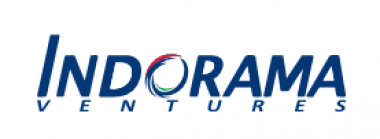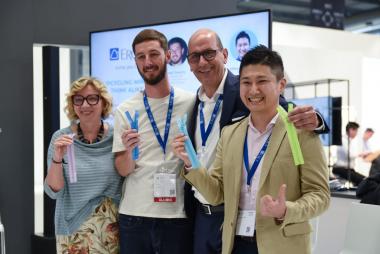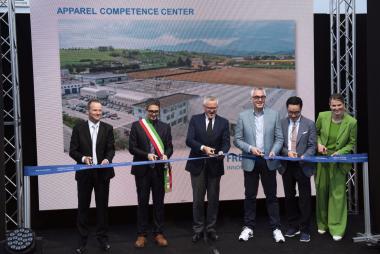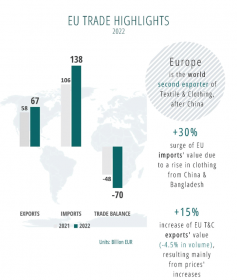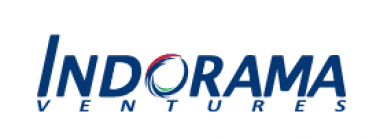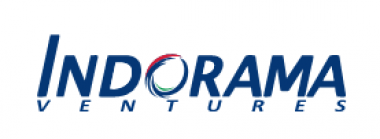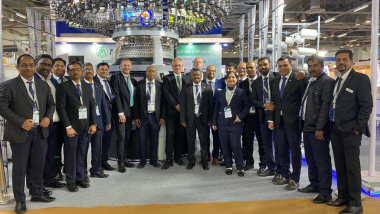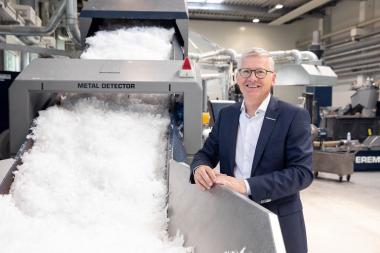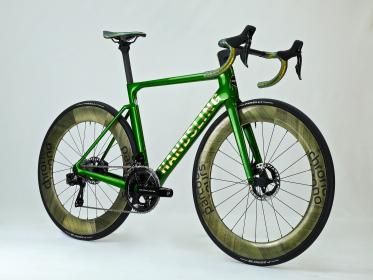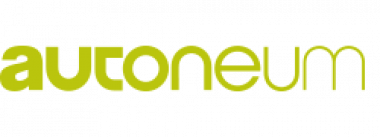Indorama Ventures and SMBC: Thailand’s first sustainability-linked Trade Finance facility
Indorama Ventures Public Company Limited and Sumitomo Mitsui Banking Corporation (SMBC) signed Thailand’s first sustainability-linked Trade Finance facility of US$50 million to support Indorama Ventures’ contributions to its ambitious sustainability commitment. This new facility reflects Indorama Ventures’ leadership in leveraging sustainable financing in Thailand.
The new facility is short-term working capital finance linked to the company’s sustainability performance targets, including reducing greenhouse gas (GHG) emissions intensity by 10% by 2025 (from a 2020 base), increasing post-consumer PET bale input for recycling to 750,000 tons by 2025, and boosting renewable electricity consumption to 25% by 2030.
Indorama Ventures has secured a total US$2.4 billion in long-term sustainable financing from various national and international financial institutions between 2018–2022. The funds are supporting the company’s expansion and sustainability projects in line with its strategy under Vision 2030 as a purposeful company with ESG at its core.
Indorama Ventures Public Company Limited


